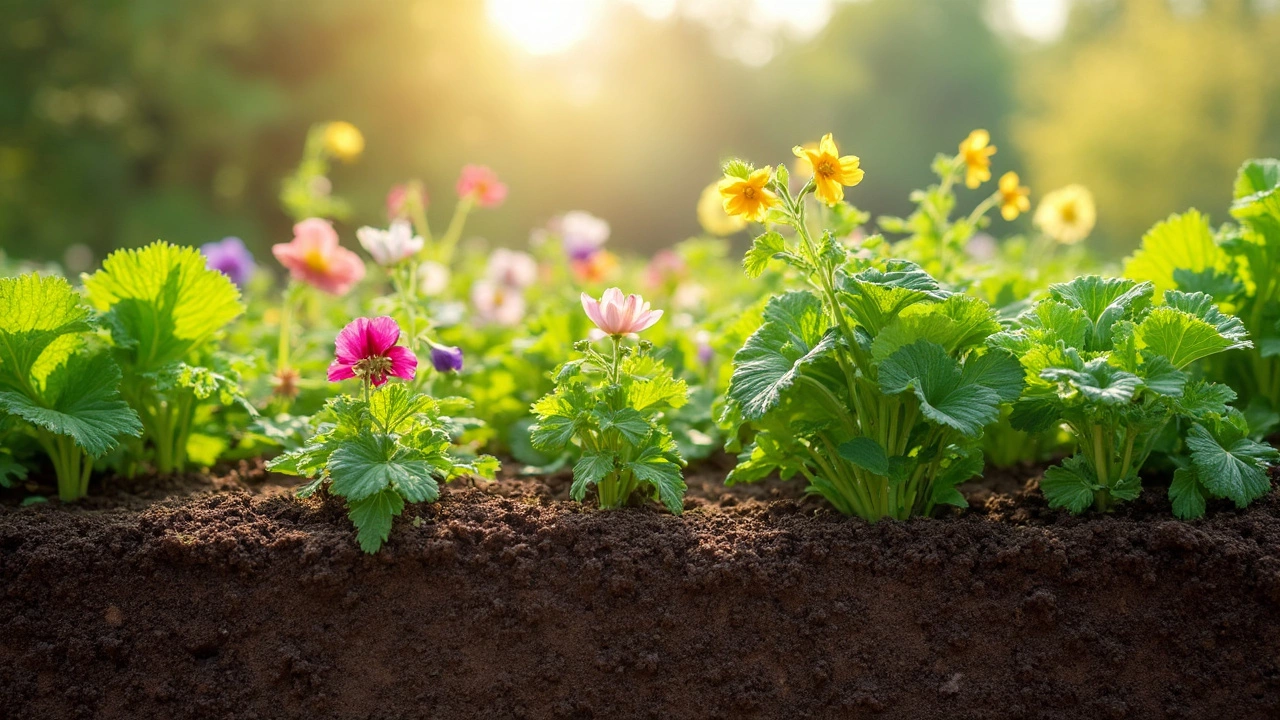Soil Depth Explained: A Simple Guide for Gardeners
Ever wonder why some plants flourish while others just scrape by? One big clue is the depth of the soil they're growing in. Soil depth isn’t a fancy term – it’s simply how far the loose, life‑supporting layer goes before hitting rock, sand, or a hard pan. Knowing this helps you pick the right plants, avoid root problems, and get a garden that actually produces.
How Deep Should Your Soil Be?
Different veggies, flowers, and shrubs need different amounts of room for their roots. As a rule of thumb:
- Leafy greens like lettuce and spinach are happy with 6‑12 inches.
- Root crops such as carrots, beets, and potatoes prefer 12‑18 inches.
- Fruit‑bearing plants – tomatoes, peppers, berries – thrive with 18‑24 inches.
- Small shrubs and trees need at least 24‑36 inches before they hit a barrier.
If you’re not sure, grab a garden trowel and dig a small hole where you plan to plant. Feel how loose the soil is and count the inches until you hit something hard. That’s your practical soil depth right there.
Tips to Improve Soil Depth
Got shallow soil? No worries, you can boost it without tearing up the whole yard.
1. Add organic matter. Mix in compost, shredded leaves, or well‑rotted manure. Over time, this breaks down and expands the soil’s usable layer.
2. Raise beds. Build a raised garden bed with good soil mix. It instantly gives you deeper, looser soil for any plant you choose.
3. Use double‑digging. For a more permanent fix, dig a trench, remove the top layer, loosen the sub‑soil, then refill with compost. It’s a bit of work, but the results last for seasons.
4. Choose shallow‑rooted varieties. If you can’t change the soil, pick plants that naturally stay near the surface – think herbs like basil, thyme, and shallow greens.
Remember, soil depth isn’t the only factor; texture, drainage, and nutrient levels matter too. But getting the depth right sets a strong foundation. After you adjust, water the area well and let the soil settle before planting.
In short, check the depth, match it to the plant’s needs, and boost it with organic matter or raised beds. Your garden will thank you with healthier growth, fewer root problems, and better harvests. Happy planting!
